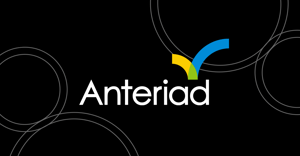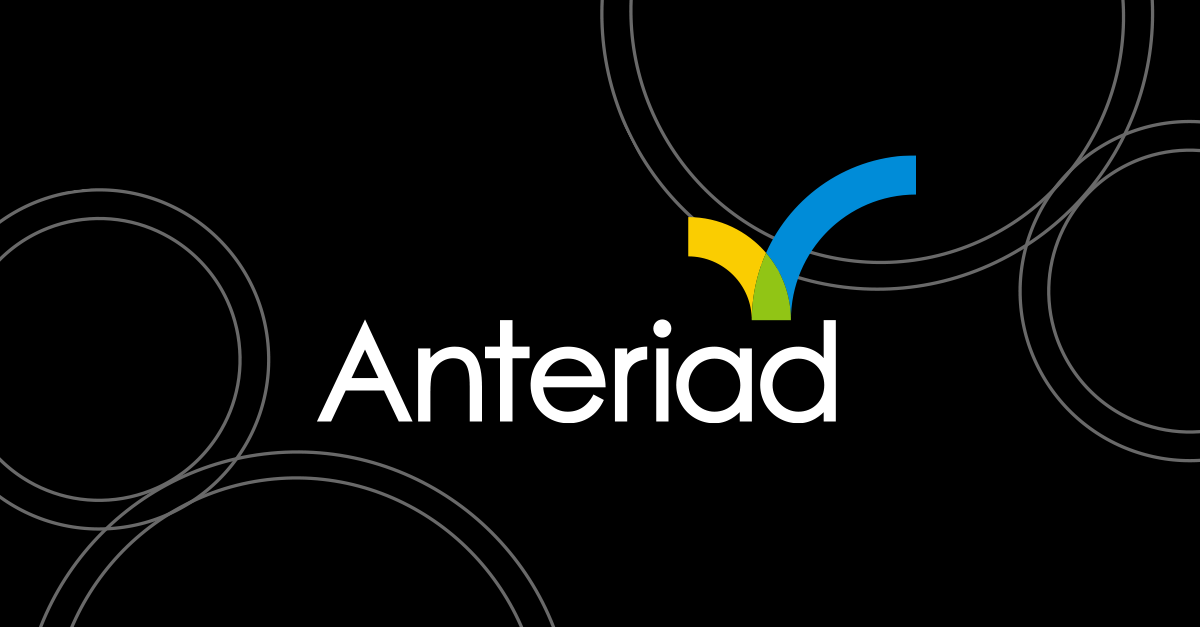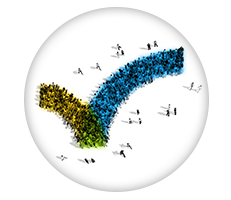Artificial Intelligence (AI) has come a long way in recent years, revolutionizing many industries and making tasks easier and more efficient. However, despite its many capabilities, AI is not without limitations.
OpenAI’s language modeling chatbot, ChatGPT, was launched in November 2022. Harnessing the power of an unimaginable dataset compared to previous chatbots, 570 GB to be precise, ChatGPT has truly taken the world by storm.
Social media has been inundated with tips and tricks of how to use it optimally and posts lauding its success and rightly so, it is a very useful tool. (We may have even used it to help create this blog!) However, its popularity has fueled the AI vs human intelligence (HI) debate, even raising the question of whether similar tools will eventually replace creative content teams completely.
A worrying thought for any content creator, but fear not, as the answer is no. Although the capabilities of such tools seem endless, they are not without their limitations. Tools like ChatGPT certainly have a role to play in B2B content creation, but there is a long way to go to before they could ever come close to replacing a human team.
Advantages:
Marketers can and should use AI to elevate and optimize their workload but should not rely on it completely to generate original content. There are many ways AI can be used to enhance content creation such as:
Time efficiency:
AI can process large amounts of data in a short space of time and generate relevant ideas for your business. This saves time and resources which may have been spent by a writer manually researching a topic.
AI tools can be a great sounding board to get your creativity flowing. As mentioned earlier ChatGPT is based on a massive database of information, this allows you to access different perspectives and expertise and bring fresh ideas to your content plans.
Personalization:
Tools such as ChatGPT can be used to generate more personalized messaging, making your content more relevant to your target audience. This can help to increase engagement and conversion rates.
Limitations:
Despite its place within B2B content creation, AI still has it limitations, which is why it should be used in tandem with HI rather than replacing it entirely. Some constraints to take into consideration are:
Lack of context:
AI can struggle to fully understand the context in which its content is being created. This can lead to content that is inappropriate or irrelevant to your target audience being generated.
Limited understanding of cultural and social nuances:
Humans can identify nuances that need to be factored into messaging more easily than AI can. Content with insensitive or inappropriate messaging can seriously damage a brand’s reputation.
Plagiarism:
As ChatGPT is based on existing information there is a high risk that it will not generate original content which can cause problems with copyright infringement and fair use policies if not detected.
No customer knowledge:
Similarly to not being able to fully understand nuance and context, AI will not fully understand what matters to your customers and cannot respond to customer feedback in real-time. Crucially, it also cannot generate original research, which is a valuable content format in B2B.
Bias:
Although ChatGPT is based on a mammoth of information, a lot of what is freely available on the internet is heavily biased or simply complete misinformation or “fake news”. This can create an unreliable narrative throughout the content it creates.
It is clear that AI and ChatGPT have a place in B2B content creation, but it should be considered as a tool to enhance the work of human intelligence. While these tools can generate valuable content ideas and even entire pieces, there are too many risks involved in relying on them completely as they cannot replace the creativity, nuance, and expertise of human content teams.
Additionally, there are security concerns as increasingly malicious users are using AI to generate more realistic messaging to scam users, adding to growing cybersecurity concerns.


